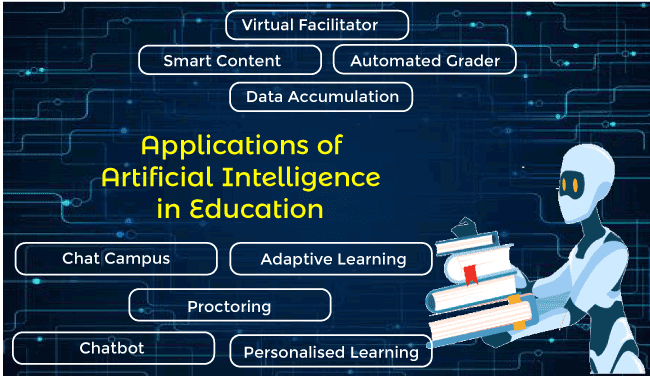Speaking at the 4th Ministerial Summit, Registrar and CEO Dr Wayne Wesley unveiled an ambitious five-year strategic plan to reshape the examination body into a “digitally transformed enterprise providing quality, relevant educational services.”
Registrar and CEO of CXC, Dr Wayne Wesley
The summit, themed Artificial Intelligence and Technological Innovations in Shaping Caribbean Education, heard how AI technology would be leveraged to create personalised learning experiences and address declining academic performance, particularly in mathematics.
“AI has come to really change the mundane and allow us to do a lot more things efficiently,” Dr Wesley told delegates, suggesting that traditional teaching methods were failing to engage today’s students.
Drawing an analogy with the popular mobile game Candy Crush, Dr Wesley challenged educators: “Can you imagine students just wanting to crush that level of mathematics, crush that next level of algebra, crush that next level of matrix?”
The top CXC official stressed the importance of collaboration among stakeholders on the new strategic plan: “Our mandate to facilitate the development of the region’s human capital must be done in partnership and collaboration to generate the level of economic competitiveness we need for the region.”
He also expressed concern over the mental health of students, acknowledging that examination pressures affect both learners and their families.
“We are deeply concerned about the mental challenges being experienced and the mental health of our students and candidates for examinations and we are committed to creating an environment that relieves that stress on our students,” he said, reinforcing the need for a supportive and engaging learning environment, which he believes, will be fostered with the integration of relatable social applications.
In envisioning a future driven by technology, Dr Wesley emphasised the potential of AI to create personalised and dynamic learning experiences.
“AI provides us with that ability to provide that dynamic interaction that is adjusting to their level of interest, level of difficulty,” he explained, urging educators to embrace innovative tools that foster active participation from students.
He boldly declared: “I want to assure you that this summit is the beginning of the end of CXC as we know it. Because we are transforming for greater regional impact.”
Sir Hilary calls for ‘sophisticated’ controls on AI in schools
written by Shanna Moore | Updated by Barbados Today | 24/10/2024 | 2 min read
Chairman of CXC, Professor Sir Hilary Beckles
Caribbean Examinations Council (CXC) Chairman Professor Sir Hilary Beckles has urged the creation of a “highly sophisticated policy framework” to govern the use of artificial intelligence in regional classrooms, warning that unmanaged AI adoption risks perpetuating historical biases.
Speaking at the 4th Ministerial Summit on Artificial Intelligence and Technological Innovations in Shaping Caribbean Education, the celebrated historian acknowledged that while AI offers transformative opportunities for democratising education, its integration requires careful oversight.
“We are all on this train which has long left the station,” he said, referencing AI’s widespread adoption in educational settings globally.
He emphasised AI’s potential to level the playing field between students from different economic backgrounds: “What AI does, it helps to democratise access to information, to data, to the relevant content of the educational pedagogy.”
But Sir Hilary cautioned against the risks of these systems reinforcing biases ingrained in Western knowledge methods.
He shared a personal anecdote about an artificial intelligence tool that mistakenly assumed he was female when generating an essay on his book Enslaved Women in the Caribbean.
“AI changed my gender identity without my consent,” said Sir Hilary, stressing the need for vigilance in how the technology interprets and processes data.
He also addressed how AI will change the role of teachers, no longer casting them as the sole providers of information.
“Teachers are now in a position to craft a learning relationship with each student. The one-size-fits-all approach is over,” he said, noting that AI allows teachers to diagnose and address individual learning challenges more effectively. “The teacher becomes a different kind of expert. No longer the monopoly conveyor of information, but now to help [students] critically understand the mass of data.”
Despite these advancements, Beckles called for a policy framework to guide AI’s use in classrooms.
The CXC chairman emphasised that whilst AI can enhance learning experiences, it must not compromise academic integrity.
“We will need a highly sophisticated policy framework and this is where I think the Board of Governors come in. We have to talk about the policy, the governing framework, the objectives,” he urged.
Beckles concluded by calling for the Caribbean to chart its course in AI adoption: “We have to be critical in our assessment. See the positives and the negatives and chart our own path.”
OOW
2024



